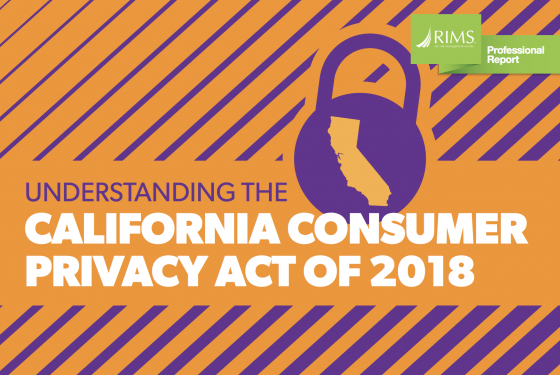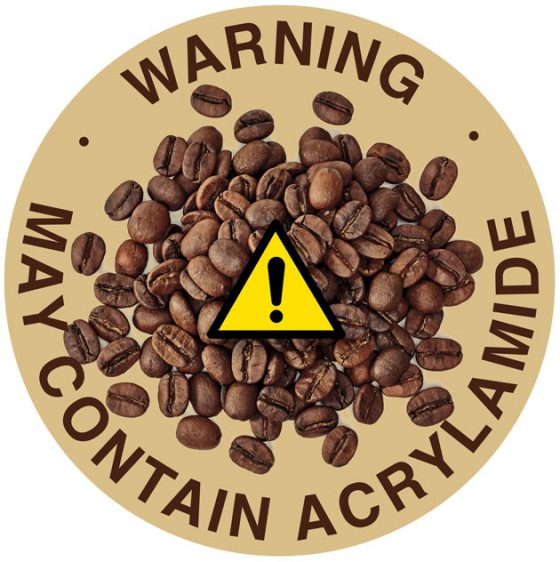With legislation introduced in California this year to protect consumers’ personal data, a new RIMS professional report, Understanding the California Consumer Privacy Act of 2018 (CCPA) highlights the importance for risk professionals and their organizations to prepare and adjust business operations to remain compliant under the law.
Authored by RIMS External Affairs Committee member Teri Cotton Santos, the report addresses the rights provided to consumers under the CCPA, the obligations it creates for businesses, as well as practical steps companies should take to prepare for its implementation date.

The CCPA was signed into law in June and became the broadest U.
S. framework imposing consent and disclosure obligations on businesses that collect personal information on California consumers. Similar to the European Union’s General Data Protection Regulation (GDPR), the law applies to companies collecting personal information on California consumers whether or not the company is based in the state. The clock is ticking for companies to update their operations and processes, as the CCPA becomes effective on Jan. 1, 2020.
“How organizations use and collect personal information continues to be a top concern for regulators and many consumers,” Santos said. “Now is the time for risk professionals to have discussions with internal stakeholders about the implementation of the CCPA and its impact on their organization’s operations and strategy.
”
The report is currently available exclusively to RIMS members. To download the report, visit RIMS Risk Knowledge library at www.RIMS.org/RiskKnowledge. For more information about the Society and to learn about other RIMS publications, educational opportunities, conferences and resources, visit www.RIMS.org.

 If a new court decision in California is enforced, baristas will have to place another label on cups next to customers’ names—a cancer warning.
If a new court decision in California is enforced, baristas will have to place another label on cups next to customers’ names—a cancer warning.